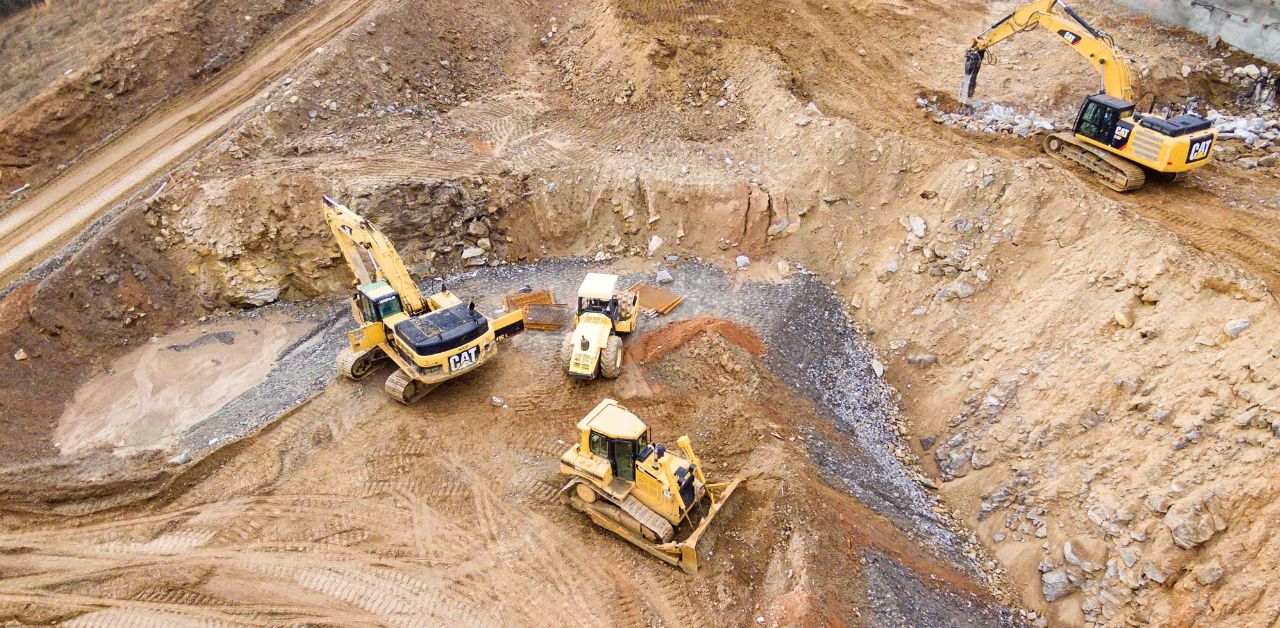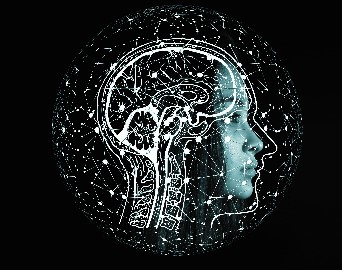Circular Economy & Systems Thinking
Circular Economy
Transforming the System, Driving Circular Progress
Not only will this help tackle climate change and improve the health of the general population, but it will also create more local jobs and economic opportunities.
For society to move from a linear to a circular economy, businesses need to minimise their reliance on raw materials that are in limited supply. Recovery, reuse and repurposing will become critical to future business.
Designing for Circularity
Integrating circular solutions into design should now be Business as Usual for all companies.
We help your company and teams integrate circularity into the design of large Projects or Products. This comes with many benefits including:
- Accelerating your decarbonisation journey,
- Mitigate your ESG risks
- Increase efficiencies in your process
- Create value by valorising resources
- Future-proof your supply chain
From zero landfill to 100-year design life for projects, we will challenge the traditional processes to develop a market-leading solution for your company.
%
2023 Global Material Circularity (Source: Circle Economy)


Circular Ecosystems
We have partnered up with The Surpluss to facilitate circular ecosystems across Australia. We faciltate the context in which companies can connect and the local incentives that drive its expansion through network effects and emergence.
We can apply our circular ecosystem framework to:
1. Industrial areas and Ports
2. Regional towns and local government authorities
3. Major companies with large supply chains
To establish your circular ecosystem today, contact our team to find out how we can work together.
Circular Business Assessment
Our Circular Business Assessment is an essential tool for organisations looking to transition towards a circular economy. It provides companies with the orientation, guidance, and expertise necessary for a successful transition.
Our assessment offers a comprehensive analysis of your organisation’s operations to identify areas where circular principles can be applied. By conducting a thorough evaluation of your current baseline, we can help you develop a tailored strategy that addresses your unique challenges and goals.
Our team of experts will guide you through each step of the process, ensuring that your transition to a circular economy is as seamless and efficient as possible.
Contact us today to learn more about how our Circular Business Assessment can benefit your organisation.


Circular Sprint Workshops and Training
Through the following workshop options, we can help large industrial companies and government agencies with systems mapping to develop their business circulatory models.
Introduction to the Circular Economy
Designing for Circularity
Assessing Circular Opportunities: Unleashing Business Potential
Designing for a Circular Future: Wind Farm Circularity Strategies
Designing for a Circular Future: Solar Circularity Strategies
Empowering Regional Synergies: Implementing Industrial Symbiosis at Scale
Evolveable Consulting can stress test your existing business flows and work with you to assess circular business solutions to de-risk future supply chain constraints for a long-term sustainable future.
Given our industrial experience, we can provide solutions all the way up to large scale energy infrastructure developments, from design through to decommissioning. We have worked with a variety of sectors and value chains, including mining and metals, energy, construction and healthcare.
Material Flow Analysis
With our expert guidance, you’ll gain a deeper understanding of your material inputs and outputs, and discover new ways to optimise your supply chain, reduce waste, and improve your bottom line. The benefits of a Material Flow Analysis include:
- Improved supply chain efficiency
- Reduced waste and increased resource efficiency
- Enhanced sustainability and reduced environmental impact
- Increased cost savings and improved profitability
- Better informed decision-making and strategy development
- Enhanced transparency and traceability in material management.
You are losing value today in your supply chain and operations – schedule your Material Flow analysis today and take the first steps towards a more circular future.




Systems Thinking
“Today’s problems are often yesterday’s solutions” – Peter Senge
The world is not linear, it is complex and dynamic. Problems cannot be solved in isolation, a holistic view is required in order to understand the interconnections and consequences of our decisions.
Our systems thinking framework is about seeing the unobvious risks and impacts of your companies operations and value chain. We understand how things are interconnected and related, this helps to inform decision-making so that sustainable solutions can be found.
This is critical today given the exceedance of the planetary limits. It is important that decisions made today do not have unintended consequences for tomorrow.
To deliver sustainable solutions, you must first understand how the parts of a system fit together.
System Thinking Workshops to help your teams solve the most complex problems
These workshops will provide participants with the understanding and tools to apply systems thinking approaches to complex projects in the workplace. Workshops include a mix of practical exercises to understand how to map systems and identify areas for intervention.
Introduction to Systems Thinking
Systems Thinking to solve complex problems
Application of Systems Thinking